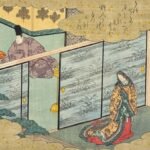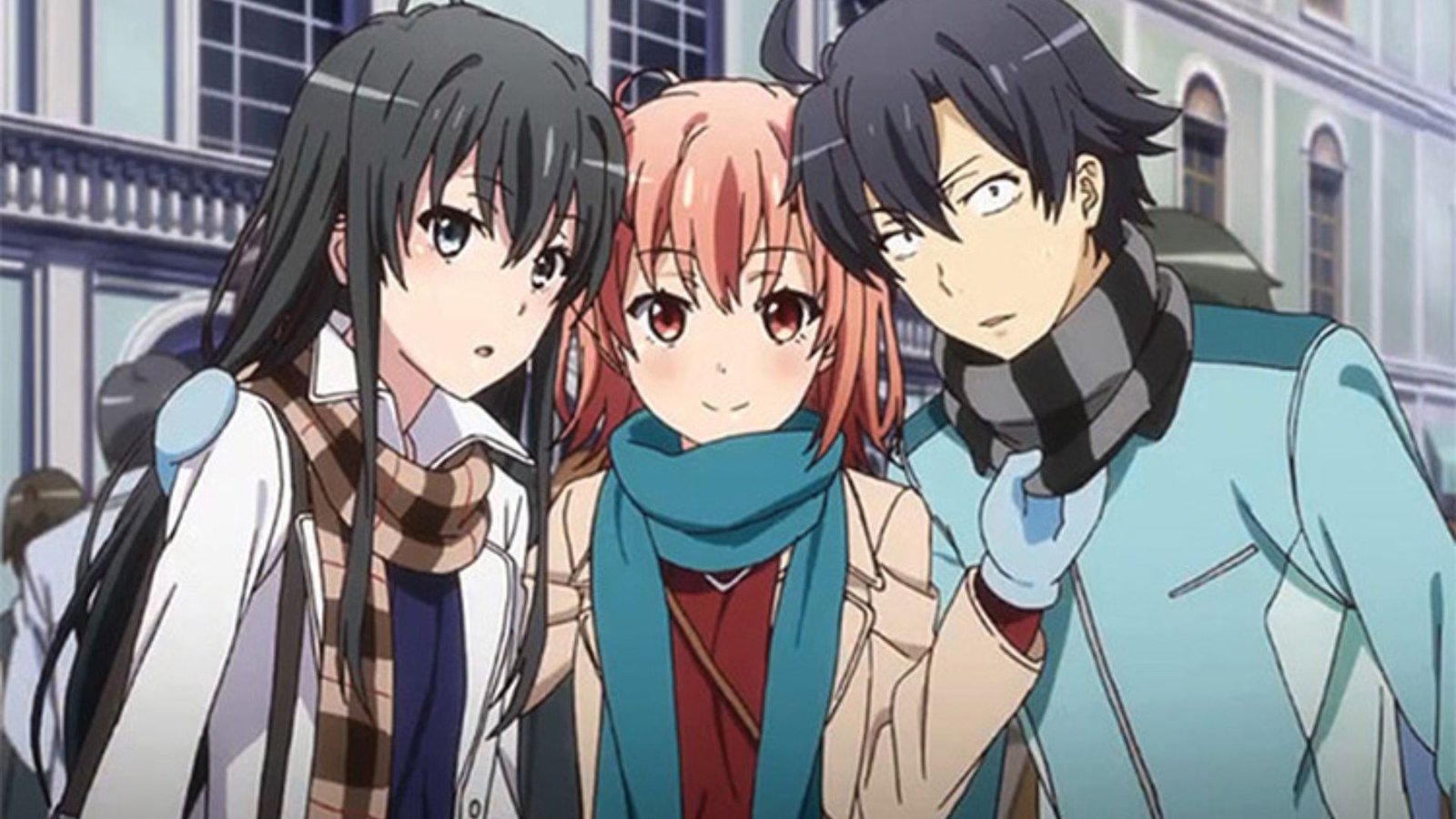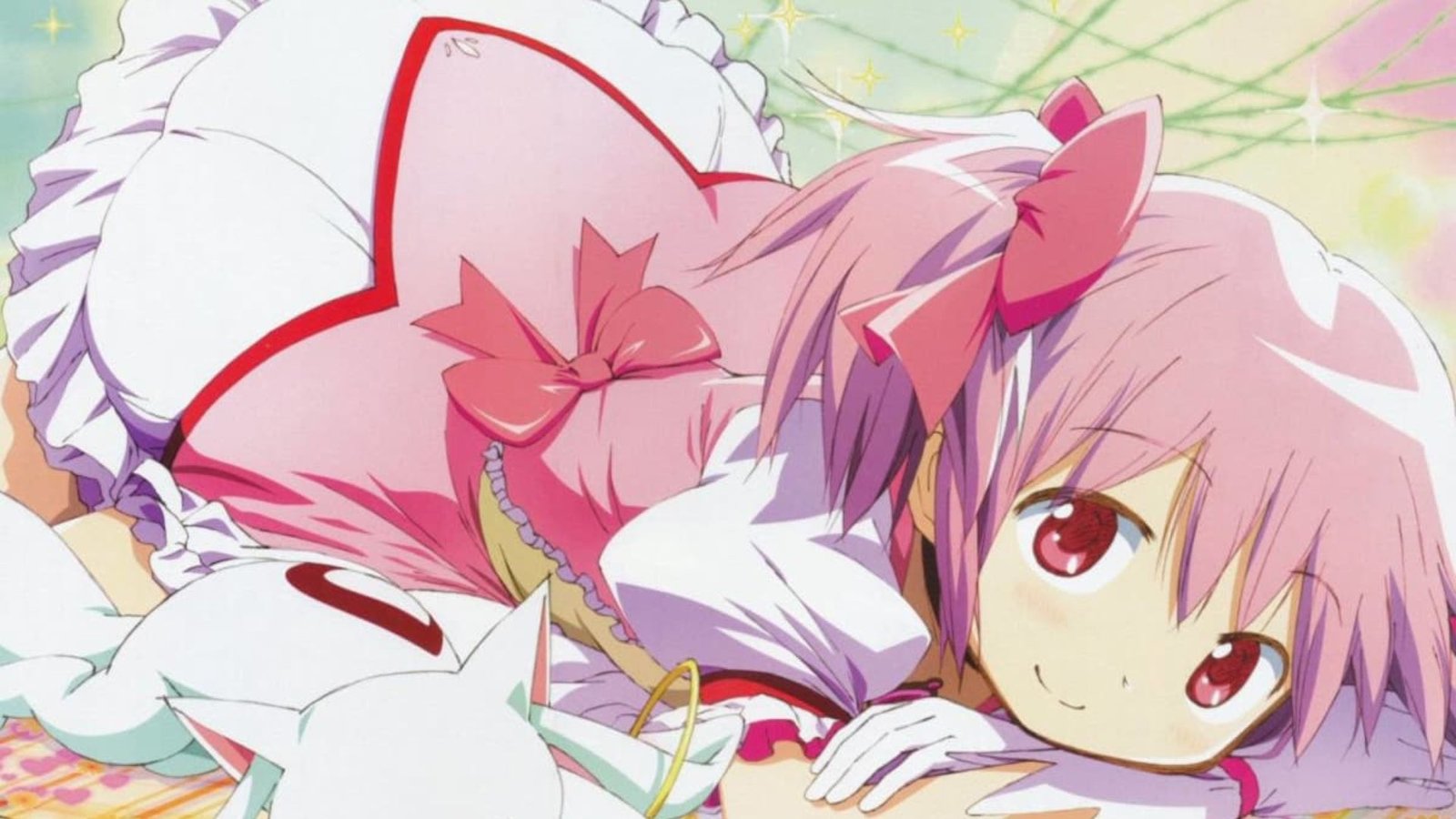Ryūnosuke Akutagawa, often called the “Father of the Japanese Short Story,” is one of Japan’s most influential and celebrated authors. Known for his mastery of the short story format, Akutagawa’s works explore complex themes like human nature, morality, and the tension between tradition and modernity. His writing left a profound mark on both Japanese literature and the broader literary world. In this post, we will explore Akutagawa’s life, his famous works, and the enduring influence he has had on Japanese fiction.
The Life and Legacy of Ryūnosuke Akutagawa
Born in Tokyo in 1892, Ryūnosuke Akutagawa grew up in a period of profound change in Japan. The Meiji era, which had ushered in modernization and Western influence, came to an end just a few years before his birth, and Japan was rapidly transforming. Akutagawa was a highly sensitive and intellectual figure, and his writing reflects his keen awareness of the cultural upheavals of his time. He graduated from the University of Tokyo, where he studied English literature, and later began writing fiction, heavily influenced by both Western literary traditions and Japan’s rich storytelling heritage.
Despite his intellectual success, Akutagawa’s personal life was troubled by health problems, depression, and a constant inner conflict regarding his identity and place in a changing Japan. His struggles culminated in his tragic death at the age of 35, when he committed suicide in 1927. Yet, in his short life, he produced a body of work that continues to inspire writers and readers around the world.
Akutagawa’s Short Stories: A Master of Concise, Thought-Provoking Narratives
Akutagawa’s hallmark was his ability to condense profound philosophical questions into compact, powerful short stories. His works often reflect the moral and psychological dilemmas of his characters, who are caught between conflicting forces like personal desires, social expectations, and the search for meaning.
Here are a few of his most iconic works:

1. Rashōmon (1915)
Arguably Akutagawa’s most famous work, Rashōmon explores themes of truth, deception, and the human capacity for moral ambiguity. The story is set in a decaying gatehouse in Kyoto, where a servant is confronted with moral dilemmas and harsh decisions. The narrative introduces the reader to the concept of multiple perspectives, which would later become a defining feature of Akutagawa’s literary style.
The story’s core idea, that truth is subjective and shaped by personal biases, was revolutionary for its time and remains a central theme in modern literature. It was later adapted into a critically acclaimed film by Akira Kurosawa in 1950, further cementing Akutagawa’s literary legacy.
2. In a Grove (1922)
In a Grove is another groundbreaking work by Akutagawa that delves into the ambiguity of human nature and the elusive nature of truth. The story is set around a mysterious murder, and various characters, including a woodcutter, a priest, and the widow, give conflicting testimonies about what happened. Through these multiple viewpoints, Akutagawa exposes the tension between truth and perception, showing how different people interpret the same event in radically different ways.
This story’s influence extends beyond literature, inspiring various adaptations, including the famous film Rashōmon, which explored the same themes of subjective truth and perspective.
3. The Nose (1916)
In The Nose, Akutagawa combines satire with social commentary to explore vanity, self-perception, and the desire for social status. The story follows a priest with an incredibly long nose, who becomes obsessed with the embarrassment his appearance causes him. Eventually, in an attempt to alter his appearance, the priest undergoes a drastic change. The tale humorously critiques human vanity and our preoccupation with outward appearances.
4. Hell Screen (1918)
This novella is one of Akutagawa’s most elaborate and intense works. Hell Screen is set in feudal Japan and tells the story of a renowned artist commissioned to paint a depiction of hell. As the artist becomes obsessed with his work, his cruelty toward others, including his daughter, escalates. The story explores themes of artistic obsession, morality, and the consequences of unchecked ambition.
Hell Screen is a haunting exploration of the artist’s inner torment and the cost of perfection in art. Its intense psychological depth marks Akutagawa as a master of complex character study.
Akutagawa’s Influence on Japanese Literature
Ryūnosuke Akutagawa’s legacy lives on through the Akutagawa Prize, one of Japan’s most prestigious literary awards. The prize, established in 1935, is awarded twice annually to the best work of fiction written by a Japanese author. By establishing the prize, Akutagawa’s influence continues to shape Japanese literary culture, encouraging the development of new voices in Japanese fiction.
Akutagawa’s exploration of the human condition, particularly his focus on psychological complexity, morality, and societal issues, has also influenced a wide range of modern Japanese authors. His work laid the foundation for contemporary Japanese writers, such as Yukio Mishima and Haruki Murakami, who incorporate themes of existentialism and human conflict into their writing.
Akutagawa’s Writing Style: Concise, Poetic, and Philosophical
One of the most distinctive aspects of Akutagawa’s writing is his ability to convey complex ideas and emotions in a concise format. His stories often pack a philosophical punch within just a few pages, allowing the reader to reflect on profound themes in a short amount of time. Akutagawa’s prose is often described as elegant and precise, filled with vivid descriptions and a deep understanding of the human psyche.
Conclusion: The Enduring Legacy of Ryūnosuke Akutagawa
Ryūnosuke Akutagawa’s contributions to Japanese literature are immeasurable. His mastery of the short story form, his philosophical depth, and his exploration of the human condition make him an enduring figure in global literature. Though his life was short, his work continues to resonate with readers today, offering insight into the complexities of the human experience. Akutagawa’s influence on modern writers and filmmakers ensures that his legacy as the father of the Japanese short story will continue for generations to come.











